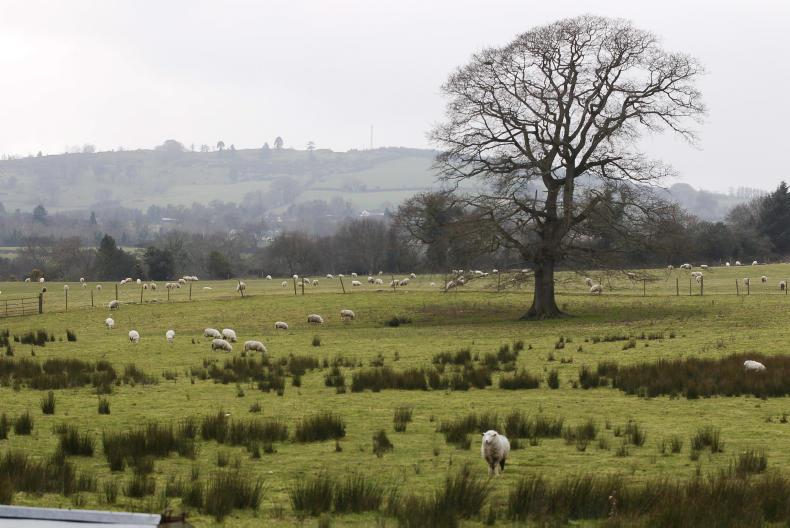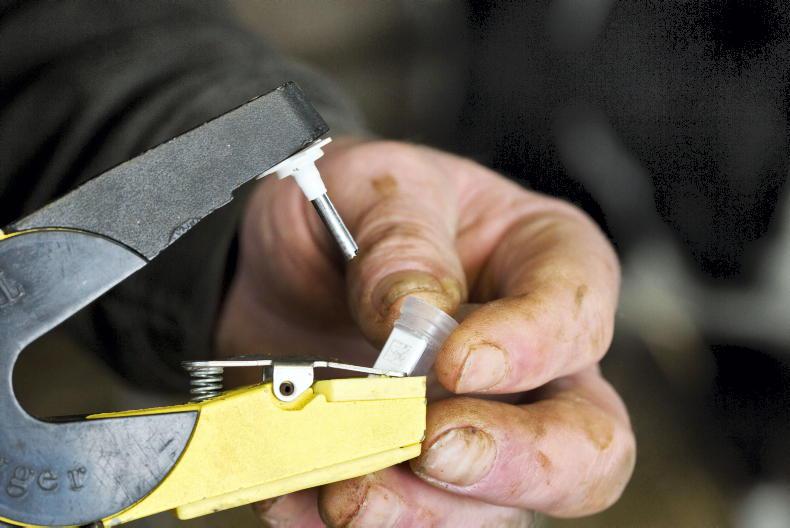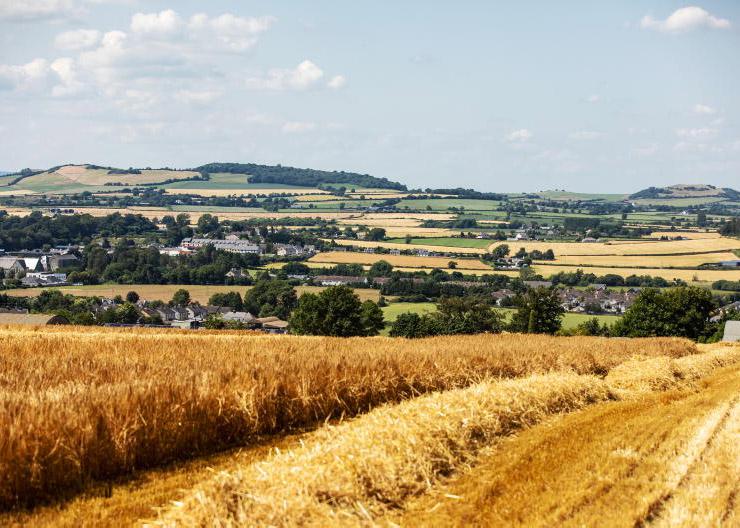The perception among farmers that rushes need to be sprayed to avoid direct payment penalties is not correct, according to the Department of Agriculture.
Provided there is evidence of agricultural activity or animals grazing – ie trampled vegetation or dung – in areas affected by rushes, farmers will not be penalised. Only areas that become overgrown in scrub, gorse or bracken as a result of being abandoned can be subject to penalties on inspection.
Farmers should not feel compelled to use substances such as MCPA to tackle rush infestations, the Department has stated.
Irish Water
The guidance comes as Irish Water has raised concerns about water catchment areas where there are continued issues with pesticide breaches.
There are six supplies in which pesticides have been detected in drinking water. These are; Longford Central, Newcastlewest, Belturbet, Cavan RWSS, Clonroche, and Newport. In five out of the six, MCPA, commonly used for rush control, has been the pesticide at fault. In Clonroache, Bentazone has been the issue.
The Department stated: “For too long farmers have employed strategies to control rushes which are not appropriate to the scale and/or challenge of the rush incursion on their holdings, and for this reason have failed to achieve sustainable, cost-effective, long-term solutions.
“Often there are only limited short-term gains, before the sward reverts to its original state or regresses even further.”
Users of pesticides should always consider in the first instance if there are alternative non-chemical weed/pest control methods
Farm plan
Instead the Department is recommending an approach of containment or suppression. The guidance document can be found here.
In addition to the six priority catchment areas, Irish Water has a watch list currently comprising over 20 supplies. These are also a focus for action since the pattern of detections in these areas indicates a risk of persistent pesticide exceedances.
Protecting water bodies
Commenting, Andrew Boylan, Irish Water’s regional drinking water compliance specialist said: “At a time of significant challenges for farmers and other essential workers managing land, we are asking everyone to continue to be mindful to protect the water bodies.
“Users of pesticides should always consider in the first instance if there are alternative non-chemical weed/pest control methods that would be feasible. If pesticides have to be applied users must make sure that they are aware of and follow best practice measures to protect water quality.”
Read more
Only 27% of farmers using correct pesticide protective equipment – study
Creed calls for change to eligible hectare definition
The perception among farmers that rushes need to be sprayed to avoid direct payment penalties is not correct, according to the Department of Agriculture.
Provided there is evidence of agricultural activity or animals grazing – ie trampled vegetation or dung – in areas affected by rushes, farmers will not be penalised. Only areas that become overgrown in scrub, gorse or bracken as a result of being abandoned can be subject to penalties on inspection.
Farmers should not feel compelled to use substances such as MCPA to tackle rush infestations, the Department has stated.
Irish Water
The guidance comes as Irish Water has raised concerns about water catchment areas where there are continued issues with pesticide breaches.
There are six supplies in which pesticides have been detected in drinking water. These are; Longford Central, Newcastlewest, Belturbet, Cavan RWSS, Clonroche, and Newport. In five out of the six, MCPA, commonly used for rush control, has been the pesticide at fault. In Clonroache, Bentazone has been the issue.
The Department stated: “For too long farmers have employed strategies to control rushes which are not appropriate to the scale and/or challenge of the rush incursion on their holdings, and for this reason have failed to achieve sustainable, cost-effective, long-term solutions.
“Often there are only limited short-term gains, before the sward reverts to its original state or regresses even further.”
Users of pesticides should always consider in the first instance if there are alternative non-chemical weed/pest control methods
Farm plan
Instead the Department is recommending an approach of containment or suppression. The guidance document can be found here.
In addition to the six priority catchment areas, Irish Water has a watch list currently comprising over 20 supplies. These are also a focus for action since the pattern of detections in these areas indicates a risk of persistent pesticide exceedances.
Protecting water bodies
Commenting, Andrew Boylan, Irish Water’s regional drinking water compliance specialist said: “At a time of significant challenges for farmers and other essential workers managing land, we are asking everyone to continue to be mindful to protect the water bodies.
“Users of pesticides should always consider in the first instance if there are alternative non-chemical weed/pest control methods that would be feasible. If pesticides have to be applied users must make sure that they are aware of and follow best practice measures to protect water quality.”
Read more
Only 27% of farmers using correct pesticide protective equipment – study
Creed calls for change to eligible hectare definition










SHARING OPTIONS